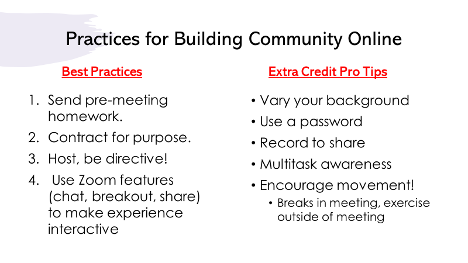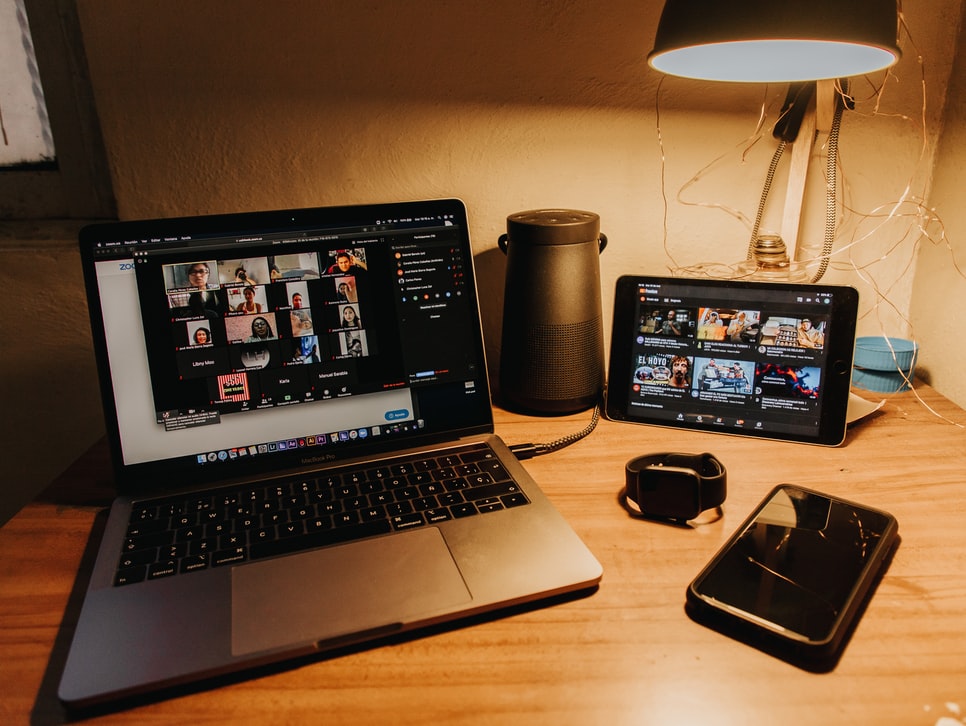Some of us memorized Micah 6:8, one of the great summary verses in the entire Bible. The Lord tells us what he’s interested in having his people give their lives to – to do justice, love kindness, walk humbly.
Just before these three things, the prophet also tells us what God is not interested in. Several things, including burnt offerings and child sacrifice. But the one that catches my ear: “Will the Lord be pleased with thousands of rams, with ten thousands of rivers of oil?” And the directly implied answer is, “No, he will not.”
It’s interesting to me that God is not particularly impressed with thousands and ten-thousands. You don’t have to gather thousands in your church to fulfill what God requires of you.
The Lord tells us what he’s interested in having his people give their lives to – to do justice, love kindness, walk humbly. You don’t have to gather thousands in your church to fulfill what God requires of you.
Tweet this.
No, what God is looking for is that we do justice, love kindness, and walk humbly. Consider those three this way: Up – In – and Out.
Up, In, Out
First, out toward the world: our posture is to be people who do justice. Your neighborhood and city need it. Do justice out in our nation. Look outward into the world and do justice.
Then, act faithfully in toward one another within the church. Love kindness or mercy in the community of faith.
And finally, make sure your life on earth is grounded in your heart being drawn up to the God of heaven, through the Spirit of Jesus.
This triangle is a classic definition of the Christian life. The life of the people of Jesus is lived Up toward God, In toward the church, and Out toward the world. Out – do justice; In – love kindness; Up –walk humbly. Do that, the prophet Micah says, and you will live.

It’s simple but hard. Most of us struggle to fire on all three cylinders. Many churches, many Christians, do two of them well at one time, but not all three. There are “up and in” churches. “In and out” churches. “Up and out” churches. But what God looks for are Up, In, and Out disciples and churches.
One of my mentors, Mike Breen, taught me (and many others) this “LifeShape.” He says it’s like a tent: You need all three poles for a tent to stand up. Pull one out, it starts to fall in; pull two, it collapses. “We are called to have the same three great loves as Jesus has,” he says. Kingdom movements are always Up, In, and Out.
But in a day of plague in which we cannot gather to practice Up-In-Out, how do we who are not thousands do that?
But in a day of plague in which we cannot gather to practice Up-In-Out, how do we do that?
Tweet this.
Historically, the church of Jesus Christ has responded well in times of plague. One example of this is Julian of Norwich, who lived in 14th century England. She was what people six hundred years ago called an “anchoress.” An anchoress is a common layperson who made a vow to God to live alone, in a cell anchored against the walls of a local church. Julian made a holy vow before the bishop that was so ironclad that even if someone were to burn down the church, she would not leave the cell. There she was anchored, “entombed with Christ.”
She did it so she could devote herself to prayer. But interestingly, her cell was part of the community, too. It had three windows. The first window opened into the church so she could be connected into the worshipping community. The second opened up toward the sunlight and garden, a place where she felt the presence of God. The final window opened out onto the streets of Norwich.

(So, if you’re keeping score at home, that’s one window Up toward God, one In toward community, and one window Out toward the world.)
This is an ordinary woman. She’s not ordained clergy. She’s not a nun. She’s anchored to the church but also accessible to the community. And day after day, people would walk from the streets of the city, and visit Julian at her open window. They would ask her to pray for them. They would seek wisdom and tell her all about their troubles.
And there were plenty of troubles in 14th century England. Bubonic plague, the Black Death, swept through the city three different times, killing over half of the population. There were peasant revolts, trials burning heretics at the stake, disease everywhere. In the middle of all of it, Julian was an anchor for hurting people.
We have a powerful opportunity today to live Up-In-Out.
Tweet this.
I would suggest that, like Julian, we have a powerful opportunity today to live Up-In-Out. We may even be anchored to our home with shelter-in-place restrictions. But just as Julian was able to create Up-In-Out communities in a cell, so we can do so by facilitating online communities that embody Up-In-Out.
Zoom
Zoom is a powerful tool through which we can do that. Here are some tips on things we’ve learned that help us to create communities who live the Up-In-Out way – especially in group meetings.
-
Use a pre-sheet.
Send out pre-meeting homework with key instructions for how to use Zoom together. Teach people how to :
- mute
- show/hide video
- chat (individual and group)
Cut/paste this tip sheet into whole-group chat at the beginning of the conversation.
-
Name the scope and intent of the meeting.
Contract for purpose with the group to keep meetings as to-the-point as possible. People starving for interaction can kidnap meetings for personal needs so that group needs aren’t met. Contracting for purpose also includes starting/stopping on time.
-
Host, take charge!
Don’t be afraid of being directive as the host, especially in a group larger than 6 or so. Push past internal bias that you’re being bossy. Generally, no one knows how to manage a larger group and will appreciate the facilitation. For example: Call on specific people to share rather than asking “who wants to share first?” You be the moderator so that everyone benefits.
-
Use Zoom features to make the gathering more conversational.
A few tools can heighten the interactive nature of the meetings and increase the sense of community so that the sessions don’t feel so much like an information dump:
- Chat – though distracting to 5-10%, chat tends to increase the side-to-side
- Breakout rooms subdivide groups for more intimate conversation. You can break subgroups for whatever time period you choose. The host can reconvene everyone easily.
- Share screen for visual depiction of dense information
Using these simple features can heighten introvert engagement, appropriate vulnerability, and human connection.
There are lots of other things you can do to enhance community-building while using Zoom – change your virtual background, learn how to use passwords so that your gatherings are not hijacked by hackers, recording the meeting for sharing with others. You’re also wise to avoid “Zoom Doom” by scheduling breaks for yourself and the group to exercise and move around.
The Good News
If you Google Julian of Norwich quotes today, the first thing that will pop up is the saying, “All shall be well, and all manner of thing shall be well.” It sounds like it belongs in a Hallmark card or coffee mug. “Don’t worry, be happy!” But her story is much deeper than that. She had – and shared – visions of the cross – an instrument pointing Up toward the God who saves, anchored In the church of the redeemed, and arms stretched Out toward the world.
And the great good news of Julian of Norwich was that because the resurrection love of God is eternal and overcoming, we need not be undone by the deathly events of the day. There’s daily news of troubles and sorrows. But there’s a kind of news greater than the daily news. Good News symbolized in a cross anchored in and opened out to human suffering. Which reaches Up for the divine help of the redeeming God.
That cross-shaped news is about the great good story of the God who will reconcile all things to himself. That story is still not finished. But when it is, all will be well, and all manner of things will be well.
Now here is a woman who lived a simple and faithful life Up toward God, In toward Church, and Out toward the world. In a plague. And 750 years later, people are still captivated and moved to action by her life and wisdom.
You can use Zoom to live Up, In, and Out to do the same.



